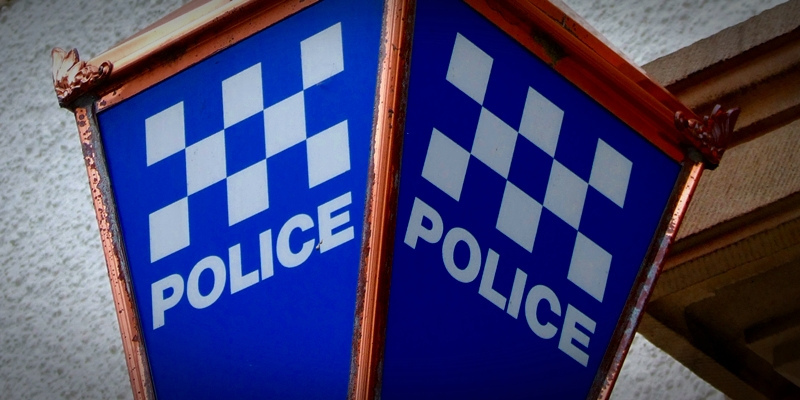Fresh fears have been voiced about local accountability for Scotland’s new single police force after the details were outlined at Holyrood on Tuesday.
Legislation published by the Scottish Government cleared the way for the controversial combining of the eight regional forces under the auspices of a Police Service of Scotland.
But the SNP administration was accused of ”sleight of hand” after it emerged local commanders a central plank of the pledge to maintain local community involvement could have responsibility over more than one area.
It was previously anticipated that a dedicated commander would be allocated to every council area in Scotland, ensuring each kept a distinct and tailor-made policing strategy.
But the legislation states: ”A constable may be designated as local commander in relation to more than one local authority area.”
The development was attacked by Scottish Liberal Democrat justice spokeswoman Alison McInnes. The North East Scotland MSP said: ”Plans for local commanders to have responsibility for more than one area confirms the SNP’s sleight of hand.
”It is no more than a rouse to quell criticism of their centralisation agenda while continuing to grab all power to the confines of (Justice Secretary) Kenny MacAskill’s desk.
”Consultation on these plans saw councils, firefighters and police officers all expressing serious concerns over the move to single, national police and fire services. Yet the SNP Government continue to show a complete indifference to local opinion.”
The bill will also create a single Scottish Fire and Rescue Service a move critics say could be bad news for rural fire stations.
Mr MacAskill said the changes were necessary if ”budget cuts from Westminster” were not to ”devastate” frontline services.
MSPs will be offered formal opportunities to scrutinise services and a new Scottish Police Authority (SPA) and fire board created to hold chief officers to account.
Mr MacAskill insisted there would be a ”stronger connection” between communities and their police and fire provision.
”Local authorities will approve plans for their area and, rather than a handful of councillors attending a regional board, many more councillors will have a say in what happens in their area,” he said. ”I expect to see the local commander and local senior officer coming before the council to explain and answer questions about police and fire services in the area.”
Continued…
”Our services will be independent, with no operational control from ministers but subject to parliamentary scrutiny.”
He added that staff will transfer to the new services on the same terms and conditions.
”This Government will not be complacent, we will not compromise on public safety and we will make sure that every community is served and served well,” he added.
”Make no mistake this is the only way to make sure that we don’t lose the major improvements made to police and fire and rescue services in recent years.”
The new police force could be up and running by April 2013 with Tulliallan, the site of the police training college in Fife, likely to have an increased role.
Chief Constable Kevin Smith, president of the Association of Chief Police Officers in Scotland (Acpos), said the move was ”the most significant change” to the police service in its history.
But he pledged: ”The strong link between policing and local communities is the cornerstone of what we do and we will work to ensure that remains the case as we move to become a single service.
”I am confident that we will create the best possible policing service which will continue to deliver world-class policing both locally and nationally.”
Labour’s justice spokesman Lewis Macdonald said the move to single organisations could make savings that could be put into frontline services.
He added: ”We will closely examine the detail of the bill to determine whether it achieves those aims.”
SNP MSP John Finnie, member for the Highlands and Islands and a former police officer, said: ”Scotland’s police force will be independent and answerable to local communities as well as to local MSPs.”
Scottish Conservative justice spokesman David McLetchie said the accountability arrangements were ”totally inadequate”.
”We believe that in order to implement real accountability we should have elected local Police Commissioners responsible for overseeing the delivery and performance of the police service in their area,” he added.
